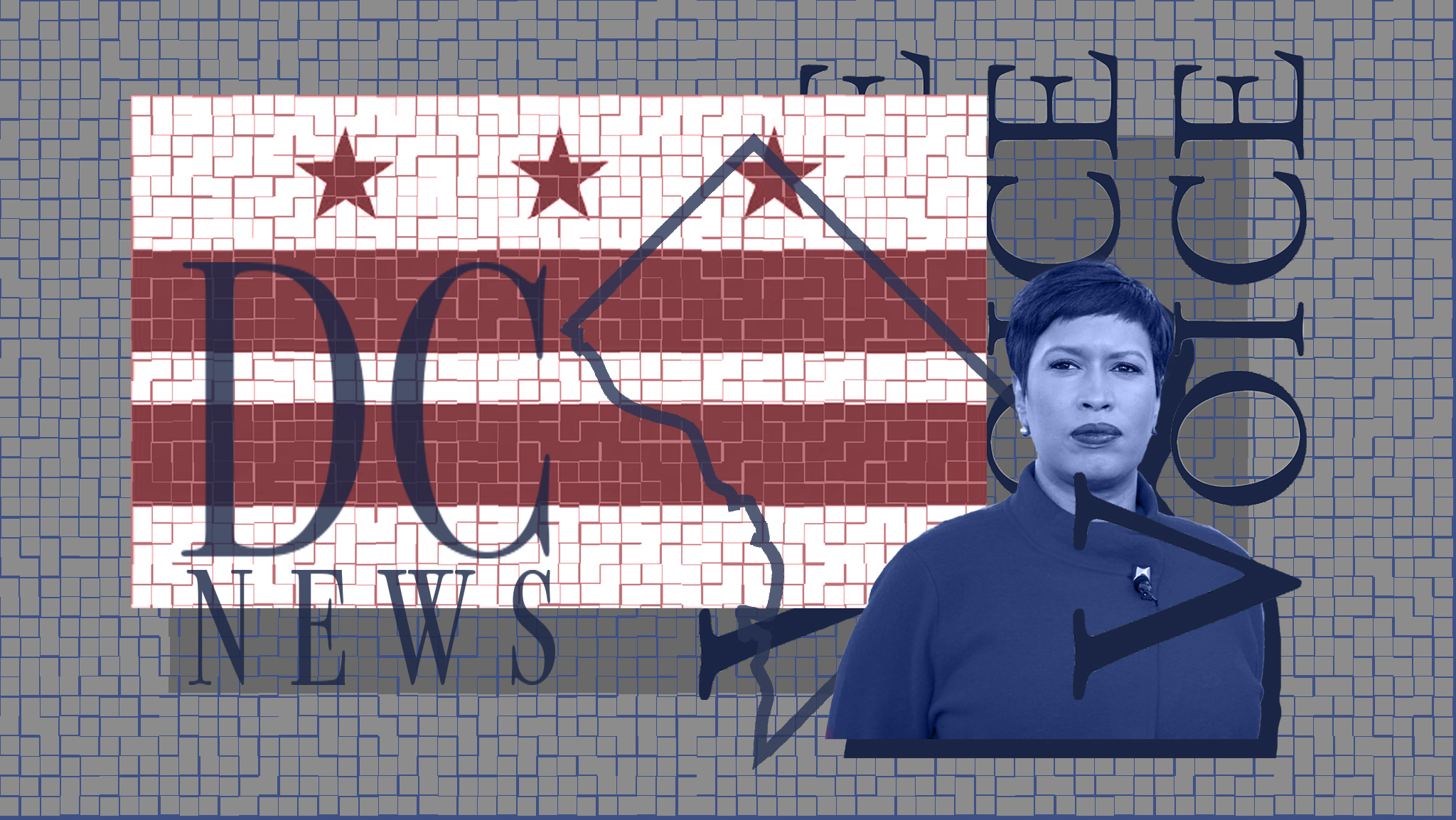On March 10, a D.C. Council bill to increase the minimum monthly Supplemental Nutrition Assistance Program (SNAP) payment became law, making D.C. the first U.S. city to implement local SNAP benefits. The “Give SNAP a Raise Amendment Act,” originally introduced by councilmember Christina Henderson in December 2022, proposed a 10 percent increase in SNAP benefits for all District recipients to match expenses under the Low-Cost Food Plan (LCFP) outlined by the USDA.
SNAP, formerly known as Food Stamps, aids low-income individuals and families by providing monthly food stipends on an Electronic Benefits Transfer (EBT) card. EBT cards are used like debit cards, and are accepted at most grocery stores and some convenience stores. Prepared foods, supplements, alcoholic beverages, and household items are excluded from SNAP coverage. Federally and in D.C., eligibility for SNAP benefits is based on income, resources, and the number of individuals applying together as a household.
The number of D.C. residents dependent on SNAP benefits to feed their families increased by 43 percent from 2019 to 2020. Federal emergency SNAP benefits constituted an additional $90 monthly allotment to the pre-pandemic average monthly benefit of $149 to supplement hiking food costs in 2020 as a part of temporary pandemic relief packages. This support ended on Feb. 28 for the 141,000 low-income D.C. households still struggling with food insecurity. Now, the District’s SNAP amendment will attempt to fill this shortfall.
“We know the pandemic has exacerbated food inequities across the District and investing local dollars in SNAP is one way to combat this trend. We have an obligation to provide adequate resources for participants to purchase the healthy and necessary food options for their families,” Henderson wrote in a Dec. 23 press release. “More than ten times as many Black District residents are relying on SNAP when compared to their white residents. This is an equity issue. It is time to give SNAP a raise.”
The Give SNAP a Raise act will mean $47 more aid on average per month—a drop from the federal emergency allocation, but an increase from pre-pandemic numbers.
“This would have a considerable impact on the 70,480 people in the District who face hunger—with 19,250 of them being children,” Jen Jenkins, a policy advocate at Legal Aid D.C., shared at a public hearing last April.
“SNAP is supposed to be supplemental to a household’s food budget, but for many of the District’s SNAP beneficiaries, it makes up most or all of their food budget,” Jenkins said. “Insufficient SNAP assistance forces families to resort to less healthy options in order to stay within their limited budgets.”
According to Capital Area Food Bank, D.C.’s largest hunger relief organization, opting for inexpensive, innutritious food commonly results from inadequate food resources. The amendment was proposed to supplement the insufficient funds being provided to low-income households, and by extension, increase access to healthier foods.
In addition to raising all local SNAP benefits to the level of the LCFP, the amendment also changed the minimum SNAP benefits for qualifying D.C. residents to 10 percent of the maximum SNAP benefit, instead of its previous flat rate.
Philip Sambol, resident of Ward 6 and the executive director of Oasis Community Partners, a local organization working to improve food access for D.C. residents, emphasized the importance of SNAP benefits in alleviating hunger in D.C. “SNAP is the most responsive anti-poverty and anti-hunger tool in the policy toolkit,” he said. “We all know food in DC is more expensive than in much of the country, and inflation continues to drive up the cost of food and other basic goods, making SNAP all the more important.”
“While the food bank works each and every day to make sure our clients have full plates and pathways to food security and financial stability—we can’t do it alone,” Austin Chikwendu, senior director of D.C.’s Capital Area Food Bank, wrote in a testimony. “We get to see and hear firsthand from our clients the impact that SNAP has on their food security, and we know the impacts of a benefit boost would make a meaningful difference for thousands of DC residents.”







